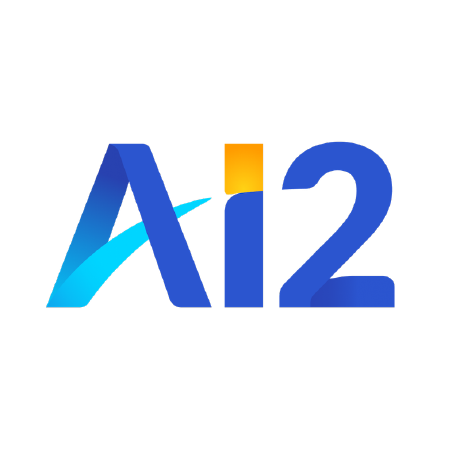Discover and explore top open-source AI tools and projects—updated daily.
GR00T-Dreams by  NVIDIA
NVIDIA
Synthetic data generation for robot learning
Top 63.7% on SourcePulse
GR00T Dreams is an NVIDIA initiative addressing the robotics data problem by generating synthetic trajectory data using world models, enabling robots to learn new tasks in unfamiliar environments without specific teleoperation data. This blueprint provides a full pipeline for DreamGen, utilizing Cosmos-Predict2 as the video world model.
How It Works
The project leverages NVIDIA Cosmos-Predict2, a video world model, to generate synthetic robot trajectory data. This data is prompted by a single image and language instructions. The pipeline includes fine-tuning the video world model, generating synthetic videos, extracting Inverse Dynamics Model (IDM) actions, fine-tuning on GR00T N1, and evaluating performance using the DreamGenBench. This approach aims to unlock generalization in robot learning by creating diverse, instruction-driven synthetic data.
Quick Start & Requirements
- Installation: Follow
cosmos-predict2-setupfor environment setup. - Prerequisites: Requires NVIDIA hardware with CUDA. Specific embodiment scripts are available for Franka, GR1, SO-100, and RoboCasa.
- Resources: Fine-tuning and inference of video world models can be resource-intensive.
- Documentation: Detailed setup and training instructions are available in
cosmos-predict2/documentations/training_gr00t.md.
Highlighted Details
- Provides a full pipeline for generating synthetic robot videos and extracting actions.
- Supports multiple robot embodiments for data generation and fine-tuning.
- Includes evaluation scripts for Instruction Following (IF) and Physics Alignment (PA) using VLMs like Qwen2.5-VL and GPT-4o.
- The benchmark evaluation uses a subset of videos and a relatively small open-source VLM, which may limit generalization to OOD scenarios.
Maintenance & Community
- This is an NVIDIA research initiative. Specific community channels or roadmap details are not explicitly provided in the README.
Licensing & Compatibility
- The repository is released under a permissive license, allowing for research and commercial use. The specific license type is not explicitly stated but implied by NVIDIA's open-source contributions.
Limitations & Caveats
The benchmark evaluation protocol might not generalize well to out-of-distribution scenarios such as multi-view videos or detailed physics judgment due to the use of a limited dataset and a smaller VLM for evaluation.
4 months ago
Inactive

 RayYoh
RayYoh BeingBeyond
BeingBeyond NVlabs
NVlabs google-deepmind
google-deepmind allenai
allenai microsoft
microsoft openai
openai Robbyant
Robbyant jimmyyhwu
jimmyyhwu vimalabs
vimalabs robotics-survey
robotics-survey YanjieZe
YanjieZe